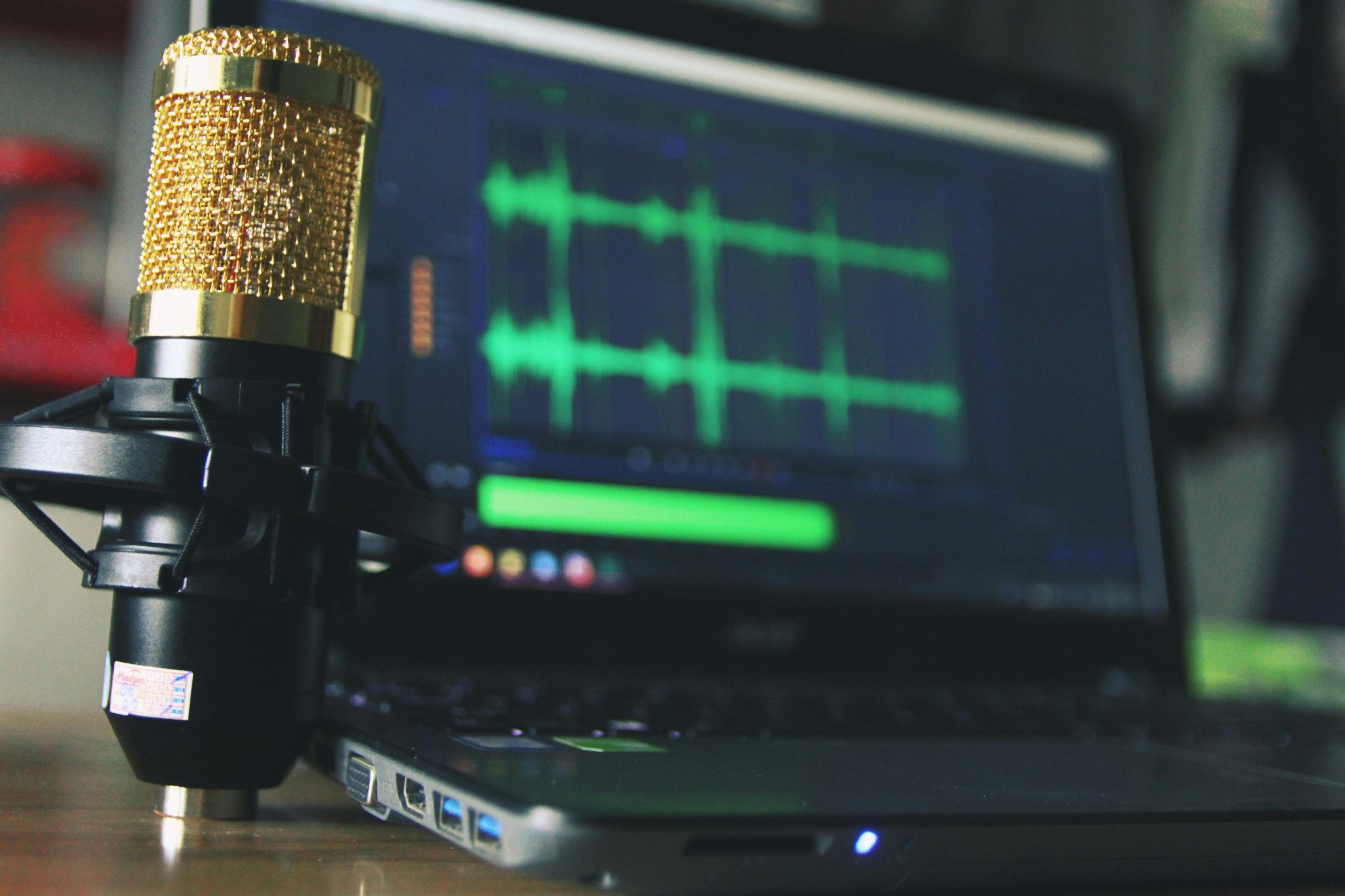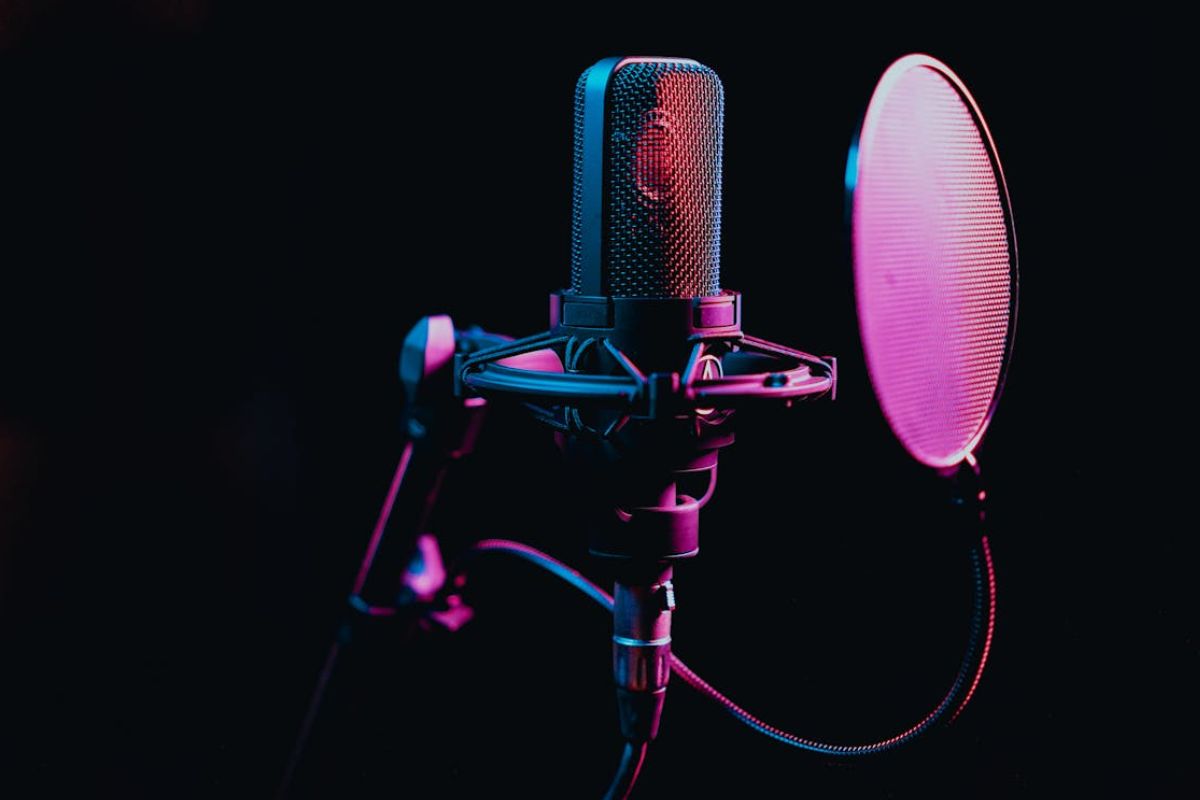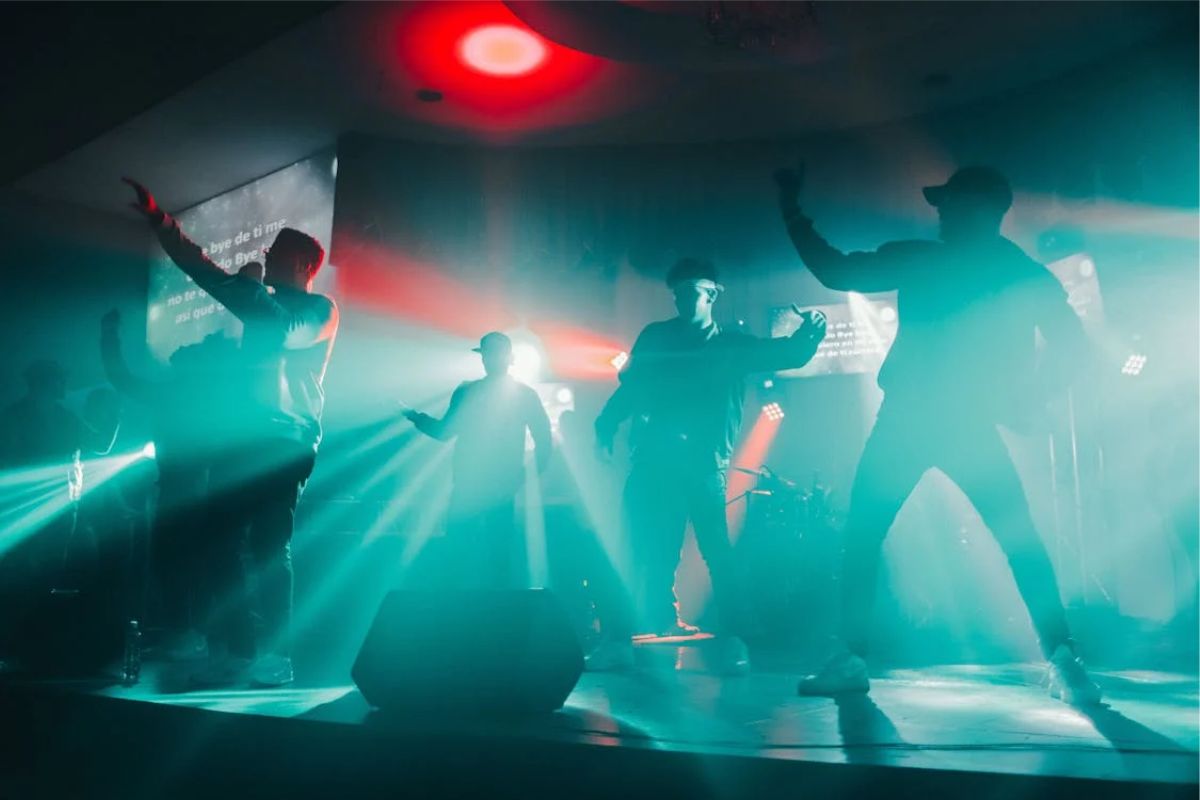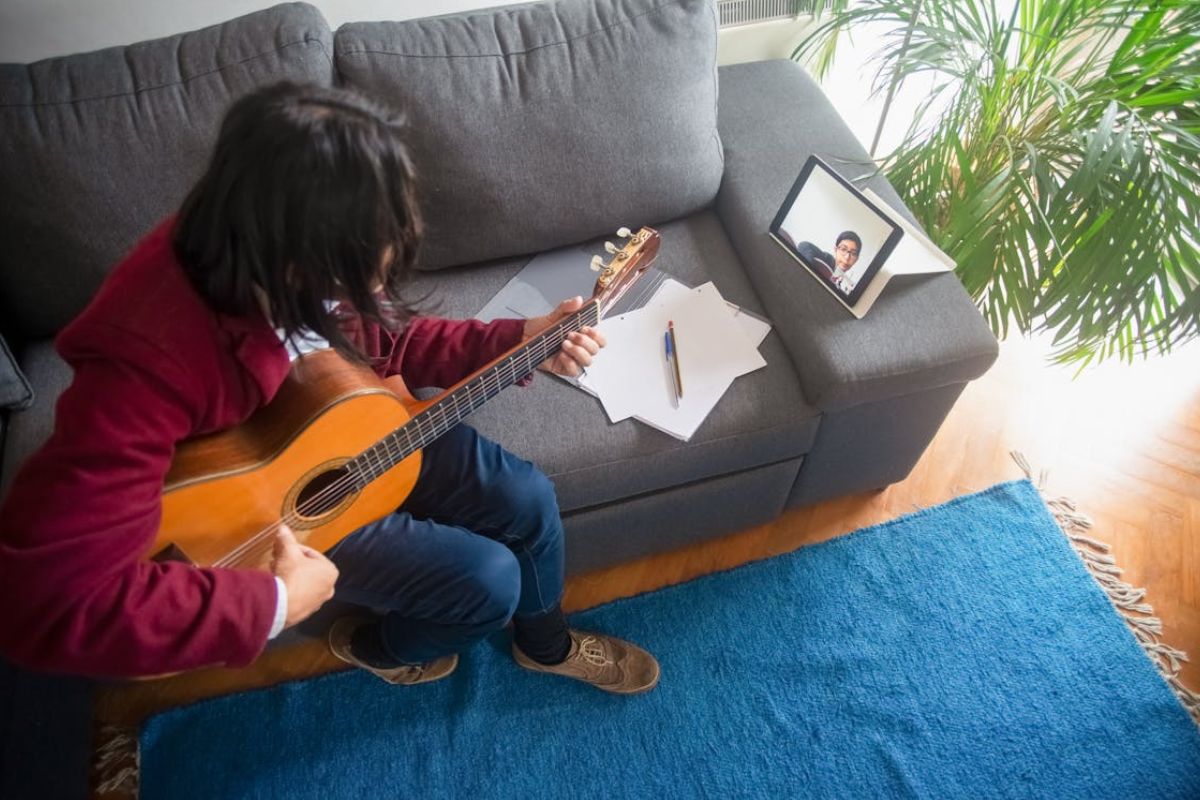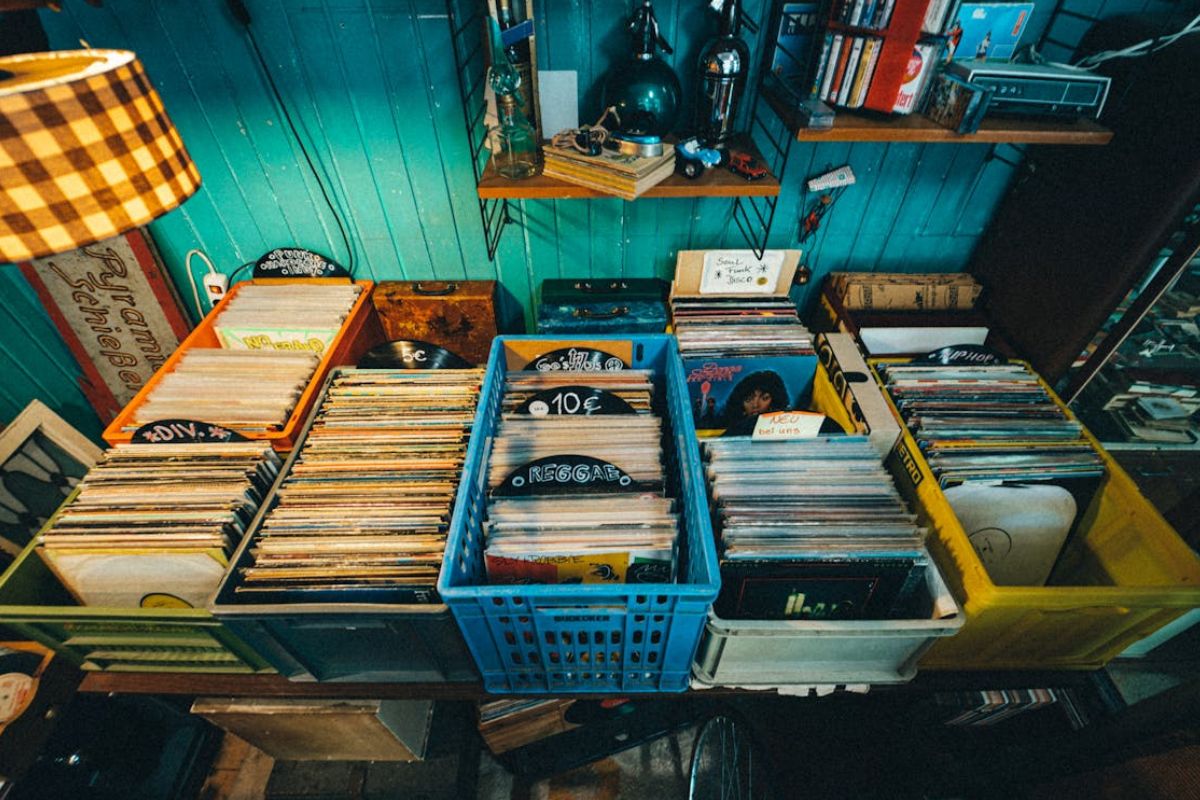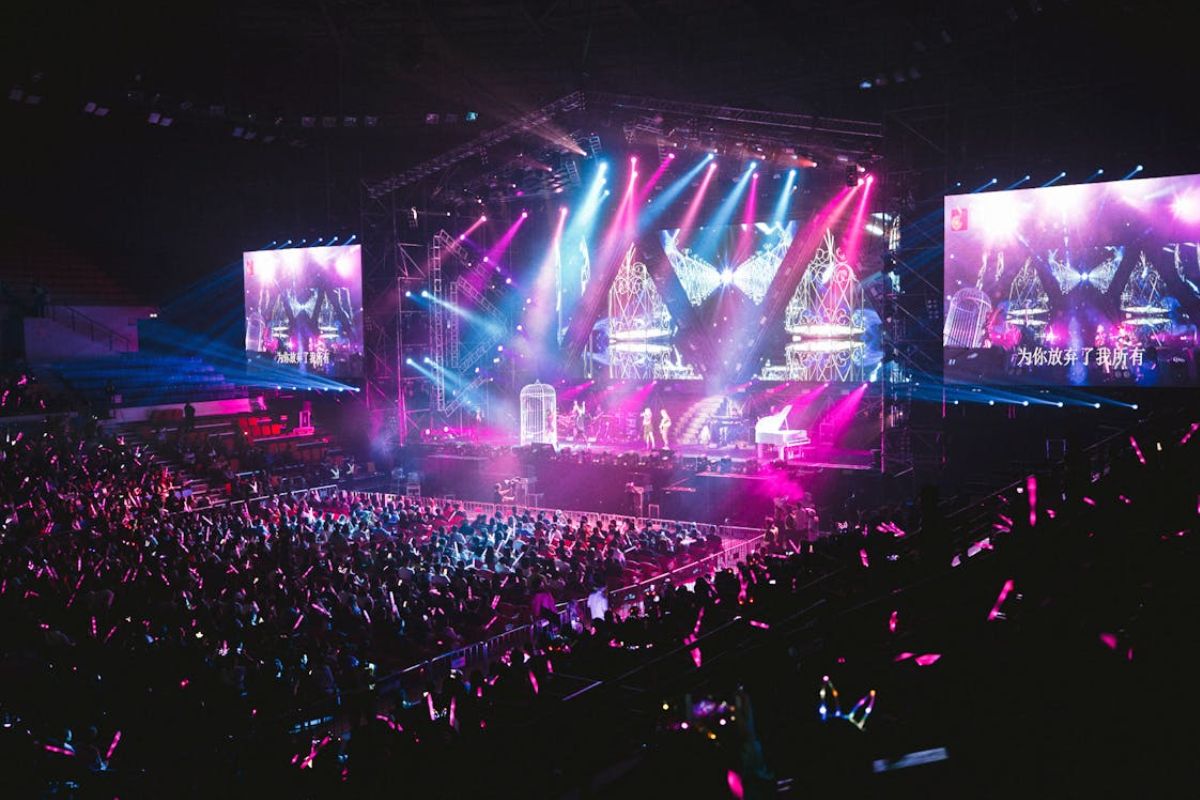In a world dominated by mainstream hits and major record labels, a quiet revolution is taking place. Indie music platforms are emerging as powerful spaces where authentic sounds, diverse voices, and fresh talent thrive. These platforms are not just reshaping how we discover music—they are redefining what it means to be an artist in the digital age.
The Indie Revolution: Why it’s Happening Now
The rise of Indie Music Platforms is not just a trend—it is a response to the growing demand for authenticity. Music lovers are craving sounds that break free from formulaic radio hits, seeking artists who tell real stories and experiment beyond genre boundaries.
- Freedom for Artists: Unlike traditional labels, indie platforms allow artists to maintain creative control over their music.
- Direct Fan Connection: These platforms foster genuine relationships between artists and listeners, cutting out the middlemen.
- Diverse Discoveries: From underground hip-hop to experimental folk, indie platforms showcase genres and voices often overlooked by mainstream outlets.
What Makes Indie Music Platforms Different?
Unlike major streaming services that prioritize chart-toppers and algorithm-driven playlists, indie platforms focus on community, curation, and connection. Here is what sets them apart:
- Curated Content: Instead of overwhelming users with endless choices, indie platforms highlight handpicked tracks that showcase emerging talent.
- Fair Revenue Models: Many indie platforms offer more equitable payment structures, ensuring artists are fairly compensated for their work.
- Support for Independent Artists: These platforms are designed with independent musicians in mind, providing tools for promotion, distribution, and fan engagement.
Popular Indie Music Platforms Making Waves
While giants like Spotify and Apple Music dominate the landscape, several indie music platforms are carving out their niche:
- Bandcamp: A favorite among indie artists, Bandcamp allows musicians to sell their music directly to fans, offering flexible pricing and merch options.
- SoundCloud: Known for its diverse user base, SoundCloud has been a Launchpad for countless indie artists across genres.
- Audiomack: Focused on emerging artists, Audiomack provides free streaming with an emphasis on discovery.
- NoiseTrade: This platform lets artists share their music in exchange for fan email addresses, fostering direct connections for future engagement.
How Indie Platforms Empower Both Artists and Fans
The beauty of Indie Music Platforms is that they benefit both creators and listeners.
For Artists:
- Creative Freedom: No pressure to conform to commercial trends.
- Direct Revenue: Keep more of what you earn through direct sales and fan support.
- Global Reach: Share your music with a worldwide audience without relying on a record label.
For Fans:
- Discover Hidden Gems: Explore fresh sounds from artists you would never hear on mainstream radio.
- Support Independent Talent: Your streams, downloads, and purchases directly impact the artist’s career.
- Community Connection: Engage with artists through comments, live streams, and exclusive content.
The Future of Indie Music Platforms
As technology continues to evolve, so will the landscape of indie music. Expect to see more platforms integrating social features, virtual performances, and even blockchain technology to support transparent artist compensation. The rise of indie platforms is more than just a phase—it is the future of music discovery.
In Short
In an industry often dominated by commercial giants, indie music platforms offer a breath of fresh air. They are spaces where authenticity reigns, creativity flourishes, and artists have the freedom to express their true selves. For music lovers, these platforms are treasure troves of unique sounds waiting to be discovered. As the indie movement grows, one thing is clear: the future of music belongs to those who dare to be different.



